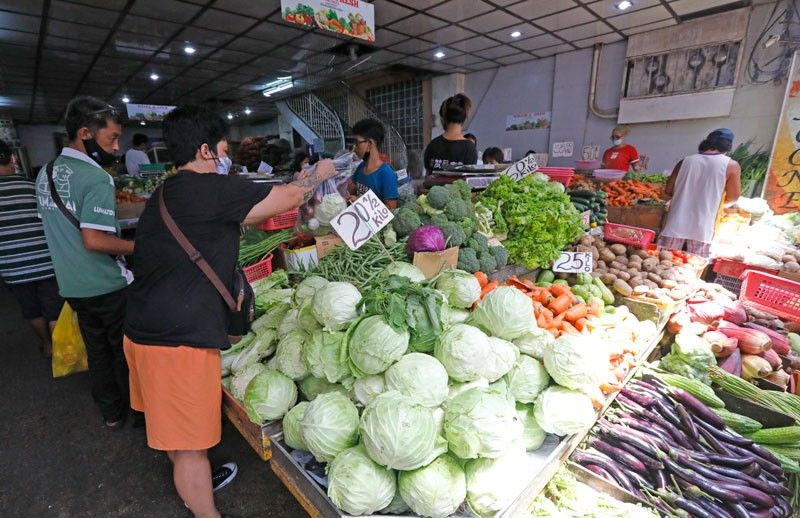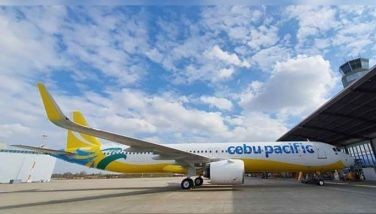Inflation climbs to 6.1% in June

MANILA, Philippines — The country’s headline inflation rate rose to 6.1 percent in June, the highest in more than three years, driven by rising food prices and transport costs, the Philippine Statistics Authority (PSA) said.
In a briefing yesterday, national statistician Dennis Mapa said the 6.1 percent June inflation matched the rate in November 2018, and was the highest seen since October 2018 when inflation was at 6.9 percent.
Last month’s inflation rate was within the Bangko Sentral ng Pilipinas’ forecast of 5.7 to 6.5 percent, but higher than the 5.4 percent in May this year and the 3.7 percent in June last year.
The latest result brought the year-to-date average inflation to 4.4 percent.
As inflation climbed in June, Mapa said the purchasing power of the peso fell to 0.87, the lowest since the 2018 base year.
“In June 2022, our P1 is worth 87 centavos if you compare it to 2018,” he said, noting that as inflation picks up, the purchasing power to buy goods and services is reduced.
He attributed the higher inflation rate to food and non-alcoholic beverages, which rose by six percent in June from 4.9 percent in May, contributing a 58.3 percent share to the uptrend.
Also driving the acceleration were transport costs, which grew by 17.1 percent in June from 14.6 in May, and accounted for a 31.7 percent share.
Mapa said prices would continue to increase, based on initial information gathered by PSA on the ground.
“Based on our monitoring, there are expectations that these prices, particularly food prices, would still move upward,” he said.
He said food products that have shown indications of price increases are meat particularly chicken, fish and seafood, and vegetables.
“We are also looking at sugar, confectionery and desserts because these past few months, it has been increasing,” he said.
Rizal Commercial Banking Corp. chief economist Michael Ricafort said that while the minimum wage hike approved by some regional wage boards that took effect as early as last month, and the higher minimum transport or jeepney fares, already led to price increases in some products and services to reflect the pass-on effects, inflation could still pick up further with some lagged effects in the coming weeks or months.
He said the weaker peso exchange rate against the US dollar in recent weeks or months could have also added and may still add to import costs or prices, and overall inflation going forward.
“Thus, year-on-year inflation could peak at a little over six percent around July to October and would start to ease starting November to December, barring any new shocks,” he said.
He added full year inflation for this year could average a little over five percent compared to 3.9 percent last year, and could be the highest since the 5.2 percent posted for full year 2018.
ING senior economist Nicholas Mapa said second round effects in the form of wage and transport fare adjustments that have been granted could fan inflation further in the medium term.
“July inflation will likely press above six percent again and we believe this will be enough to convince the BSP (Bangko Sentral ng Pilipinas) to whip out a more forceful 50 bps (basis point) rate adjustment at their August policy meeting,” he said.
- Latest
- Trending

























